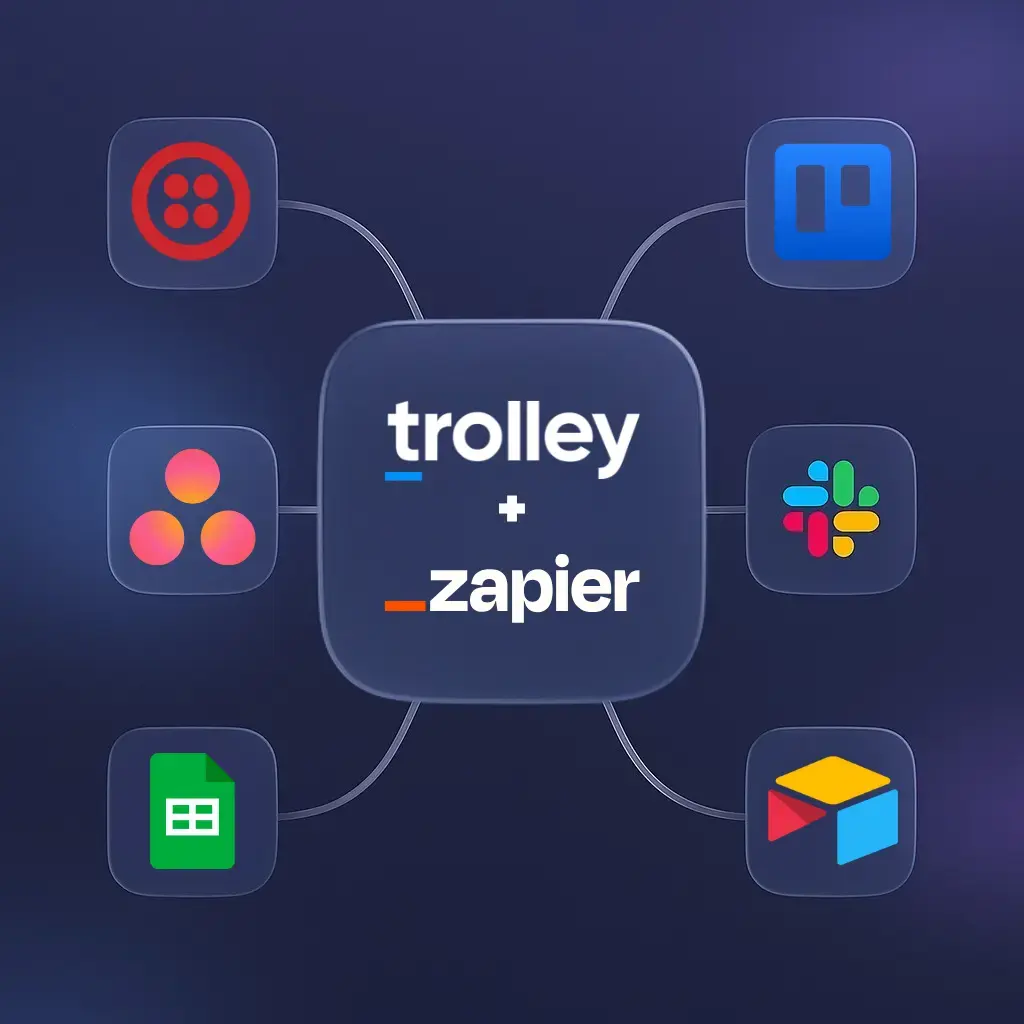Today’s working landscape has changed. The rise of apps like Uber, Lyft, DoorDash, and hundreds of others have created a pool of workers that’s different than what we’ve ever seen before. These workers value the flexibility of working when they want, and for as long or as little as they want.
We are now in an era where more than 1 out of every 3 people in the US are working in the gig economy. US employment acts and regulations were never made to accommodate this type of work, which is now possible at such a massive scale due to technology and online marketplaces. Paying independent contractors can seem intimidating, but laws like AB5 help break down these complex processes.
The California Assembly Bill 5 (AB 5) was introduced to codify the ruling made by the California Supreme Court in the case Dynamex Operations West, Inc. v. Superior Court of Los Angeles, No. S222732 (Cal. Sup. Ct. Apr. 30, 2018). This was a class action lawsuit made by delivery drivers for Dynamex.
What is AB5?
AB5, passed in September 2019, took effect on January 1st, 2020. It enforces (and puts the responsibility on the employer) the use of the ABC Test in determining if a worker should be considered an independent contractor or employee. The ABC Test uses the following 3 rules:
- The worker is free to perform services without the control or direction of the company.
- The worker is performing work tasks that are outside the usual course of the company’s business activities.
- The worker is customarily engaged in an independently established trade, occupation, or business of the same nature as that involved in the work performed.
If the answer to any of these 3 questions is “No”, then the company must treat the worker as an employee, not an independent contractor. This means the employer must pay payroll tax deductions, abide by minimum wage, overtime, meal & rest period regulations, and more.
Who does AB5 impact?
AB5 is not a big issue for many employers in the US. However, it severely threatens the business model of gig worker marketplaces like Uber, Lyft, Postmates, DoorDash, and hundreds of other smaller marketplaces. These types of companies have business models that rely on classifying the “supply” side of their marketplaces (ie. drivers in the case of Uber/Lyft) as independent contractors.
There are several other industries that are affected by this – namely the trucking/freight industry, the journalism industry, and the photography industry.
Businesses may apply for exemptions and these are being handed out to doctors, dentists, lawyers, accountants, engineers, and similar professions.
The key factors that differentiates the above professions from marketplace companies and the other majorly affected industries are:
- Whether or not the workers had the ability to set or negotiate their own rates
- Whether they had access to direct communication with customers
- Whether they earned at least twice the minimum wage
Do employers have to comply?
As of January 1, 2020, AB5 is in full effect. However, the Bill doesn’t require employers to reclassify their workers. AB5 simply allows the the state and municipalities to challenge a company’s worker classifications via legal action.
Legal proceedings like these can be very costly, and last as long as a decade to come to a conclusion, so it’s unlikely that we’ll see that any of the big marketplaces will have to take action any time soon.
Who is against AB5?
In the last few months of 2019, the California Trucking Association (representing 70,000 truck drivers), the American Society of Journalists and Authors, the Nation Press Photographers Association, Uber, and Postmates all filed lawsuits that challenged AB5, the Dynamex ruling, or both.
These organizations all represent large amounts of independent contractors, many of whom enjoy the flexibility of their independent contractor status, and have voiced their concerns over being forced to become an employee, since the employer will have more control over their jobs and they will have less autonomy.
Who is for AB5?
AB5 is supported by California lawmakers and many of the democratic candidates such as Elizabeth Warren and Bernie Sanders.
AB5 does offer greater protection to workers who work in the gig economy, ensuring they get the proper rest periods, are paid at least minimum wage, and otherwise not taken advantage of by their employers.
There is an estimated $7 billion is payroll tax losses that have accumulated because of misclassification of workers, and unclaimed earnings from independent contractors.
I am starting or already run a marketplace company. What does AB5 mean for me?
There are several key business model design decisions that will make things easier for you down the road by helping you meet the AB5 exemption criteria.
The first one is promoting the fact that you’re allowing your supply side to work for themselves. Support this contractually by allowing them to also sign up and use competitor platforms.
Giving your supply side the autonomy to set their own pricing also helps your case to meet the AB5 exemptions.
If they have the freedom to set their own prices, work when they want, and use other platforms to find similar work/customers, then they are starting to look very much like independent contractors.
How can I make sure my business is prepared for any changes?
If your business pays independent contractors (1099/1042 workers) it’s important to stay on top of any news regarding AB5. In addition, it’s now more critical than ever for businesses to meet their tax reporting obligations at both a state level and federally with the IRS.
For the 2020 tax year, the IRS has re-introduced Form 1099-NEC, which changes how you report most payments to independent contractors.
Partnering with a specialist provider like Trolley can help make sure you are meeting your obligations by helping you digitally collect Form W-9 and Form W-8 from your contractors, as well as automating the generation and delivery of Forms 1099-NEC, 1099-MISC and 1042-S to your contractors at the end of the tax year.
What’s next?
For the moment, don’t expect to see any drastic changes. There is still massive opposition from both workers and their employers in many different industries that are both involved and not involved in the gig economy. There are likely several years of legal proceedings ahead before any clear path forward is established, because AB5 clearly doesn’t cover the needs of the labor force, or the companies employing/representing them.
It’s important to keep an eye on what happens in California, because many states are following the lead of AB5 and adopting similar legislation, so what gets decided in California will likely spread to other US states.
Simplify contractor tax compliance with Trolley
Trolley was built to make taxes easy for businesses and the people they pay. From automated W-8 & W-9 collection to the distribution of end-of-year IRS forms, Trolley takes the hassle out of 1042-S & 1099s so you can focus on what you do best.







